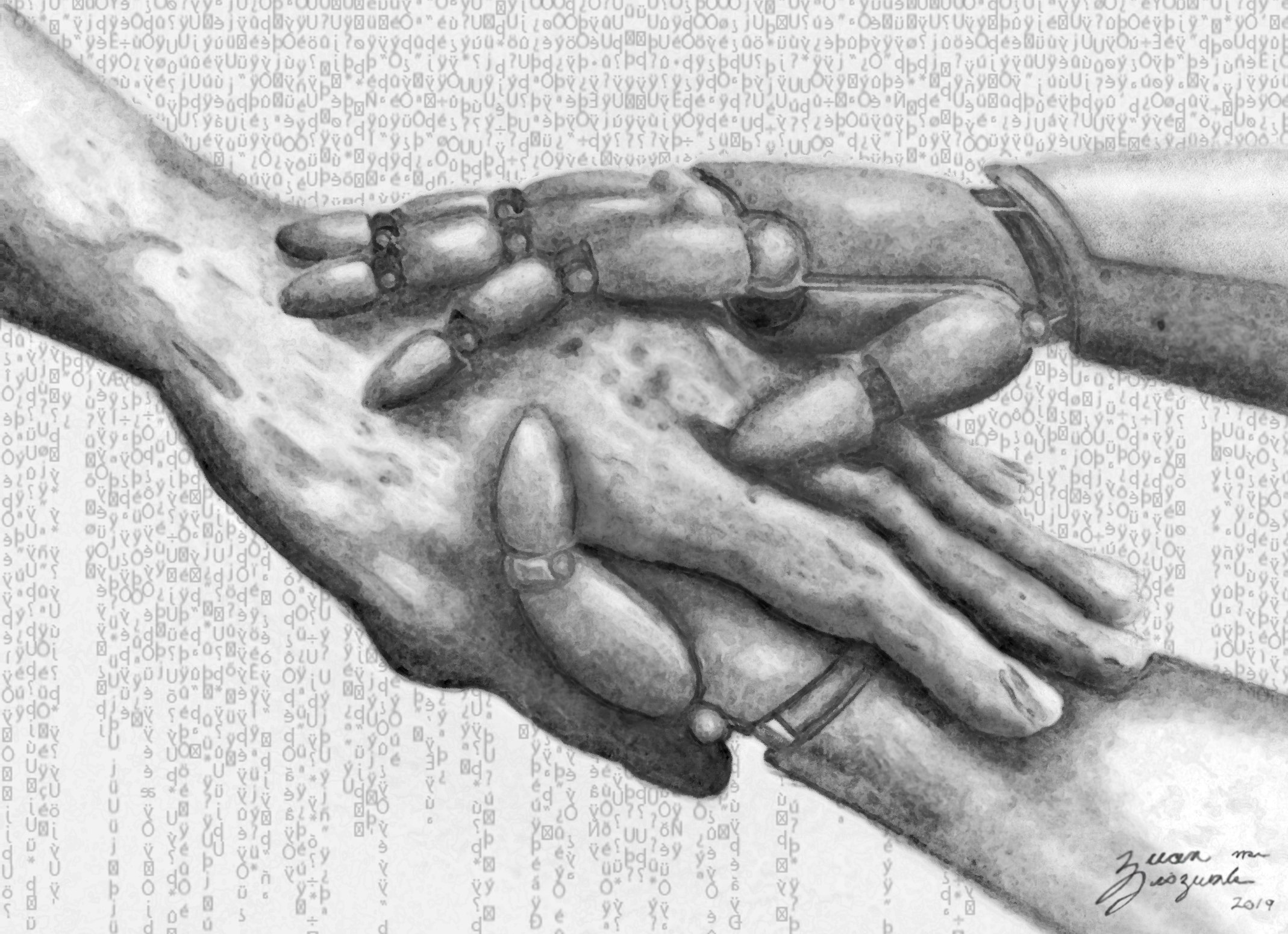
Programs
CADRA Programs
Our objectives as CADRA are to leverage existing collaborative frameworks for the responsible implementation of AI, machine/deep learning, and big data. With the engagement of the radiation medicine community, we aim to become the leading resource with respect to AI and BD in radiation oncology practice in the Canadian and international landscape.
Future State Assessment
The Canadian Partnership for Quality Radiotherapy (CPQR) released Guidance on the Use of Common Nomenclature in Canadian Radiation Treatment Programs, a document providing guidance for radiation treatment programs on how to implement and use common nomenclature related to clinical, dosimetric, and treatment data. At the time of CPQR’s “UCN” guidance document release, the American Association of Physicists in Medicine's (AAPM) TG-263 nomenclature standards formed the basis of recommendations. There is now opportunity to expand promotion of radiation treatment data standardization efforts with AAPM’s more recent release of the Operational Ontology for Radiation Oncology (OORO) and the broader O3 (Operational Ontology in Oncology) documents that speak to data across the spectrum of cancer care.
A pan-Canadian survey has been released by CADRA to ascertain the current state of AI and data standardization in each radiation treatment centre across Canada.
Collaboration and Advocacy
CADRA is a collaborative initiative between the Canadian Organization of Medical Physicists (COMP), the Canadian Association of Medical Radiation Technologists (CAMRT) and the Canadian Association of Radiation Oncology (CARO). Our interests are related how invaluable the tools of Artificial Intelligence (AI) and Big Data will be in the inter-professional practice of radiation oncology. Through our collaboration we seek to advocate for members of each one of these organizations. We also welcome any other professional groups showing interest to reach out.
Education
With the ongoing inundation in lay media and in healthcare settings on the latest in AI, such as ChatGPT or AI Art Generators, or the value of standardized data in mitigating extended institutional downtimes or the increasing need for reirradiation, it is important that the radiation treatment community have access to quality informatio. Tailored education can help to equip radiation treatment professionals and related stakeholders to consider relevant issues.
CADRA hopes to promote the education of current health care professionals in radiation medicine on the uses of AI and the importance of standardizing radiotherapy data. Please visit our Educational Repository for related resources.
Patient Voice
Collaboration and advocacy also extends to our patients. We are collaborating with patient partners to ensure the patient’s perspective is heard when it comes to the use of AI and Big Data in radiation medicine. Please see our For Patients page to learn more about our current work in the patient voice.
Responsible Use
One of the major concerns of AI and data collection is the safety and security of personal data. Supported by the integration of our other Programs, we hope to inform responsible development and implementation through robust data governance practices, conscientious industry collaborations, and ethical and patient-centred AI applications.

